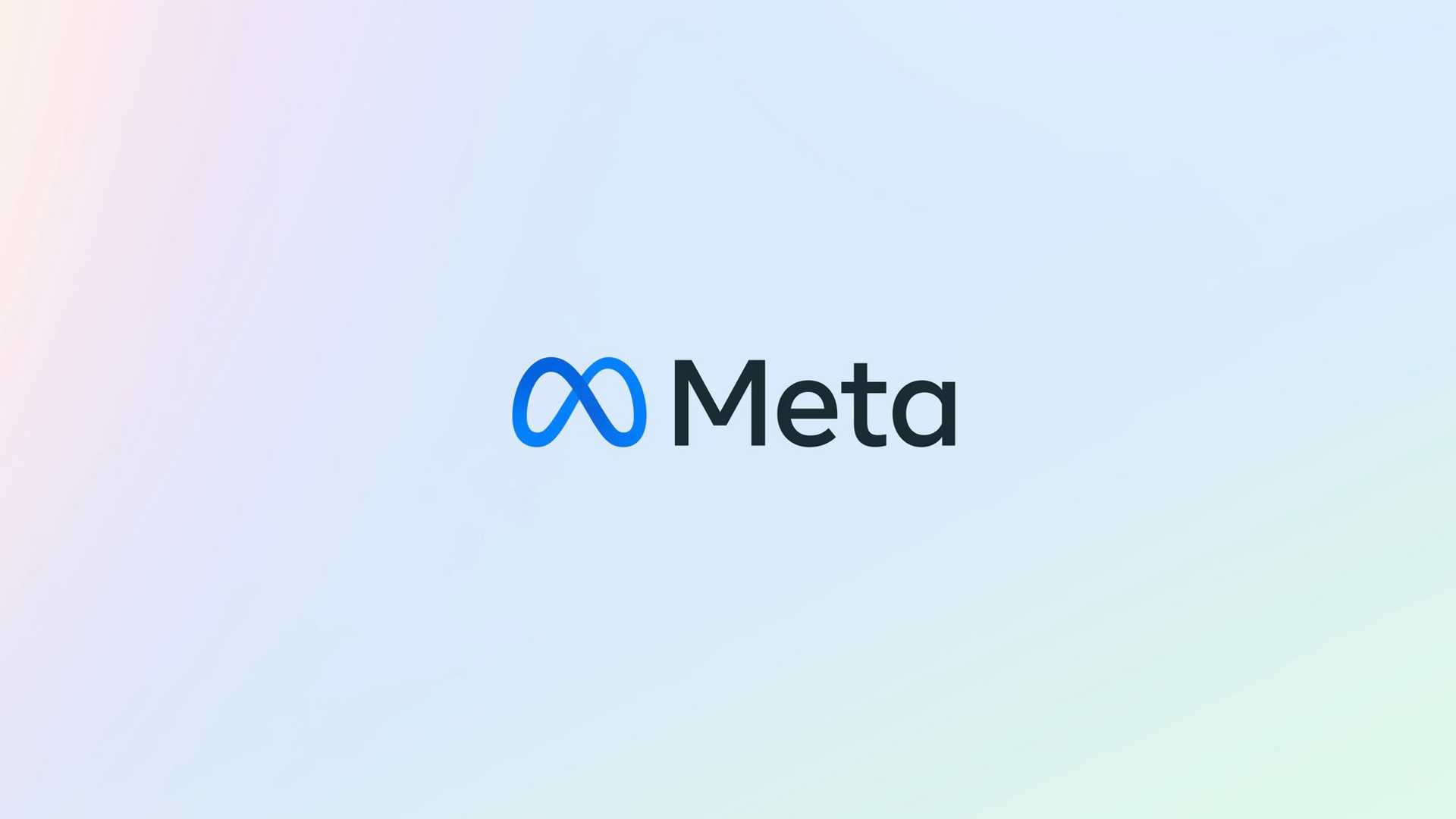FTC V. Meta: The Latest Updates On Instagram And WhatsApp

Table of Contents
The FTC's Allegations Against Meta
The FTC's core accusations against Meta center around alleged anti-competitive practices and violations of user privacy. The commission argues that Meta's actions have stifled competition and harmed consumers. This multifaceted legal challenge represents a significant test of the government's ability to regulate the power of large tech companies.
-
Allegations of monopolization in the social networking market: The FTC contends that Meta leveraged its dominant position in social networking to suppress competition, acquiring potential rivals like Instagram and WhatsApp to eliminate threats. This alleged strategy aimed to maintain Meta's market dominance and prevent the emergence of competing platforms.
-
Claims of deceptive data collection practices on Instagram and WhatsApp: The FTC alleges that Meta engaged in deceptive data collection practices on Instagram and WhatsApp, violating user privacy and potentially misusing personal information. This includes accusations of misleading users about data collection and sharing practices.
-
FTC's argument regarding Meta's acquisition of Instagram and WhatsApp: A key element of the FTC's case focuses on Meta's acquisitions of Instagram and WhatsApp. The FTC argues these acquisitions were not only anti-competitive but also aimed to eliminate burgeoning rivals, hindering innovation and reducing consumer choice.
-
Focus on the impact of these actions on consumer choice and competition: The FTC emphasizes that Meta's actions have significantly reduced consumer choice and stifled innovation within the social media landscape. By eliminating potential competitors, Meta allegedly limited users' options and prevented the development of alternative platforms.
Meta's Defense and Counterarguments
Meta has vigorously defended itself against the FTC's allegations, arguing that its acquisitions have been beneficial to users and have fostered innovation. They contest the FTC's claims of anti-competitive behavior and deceptive data practices.
-
Meta's argument regarding the benefits of its acquisitions for users and innovation: Meta claims that integrating Instagram and WhatsApp into its ecosystem has resulted in improved user experience, enhanced features, and broader reach. They argue that these acquisitions have stimulated innovation and benefited consumers.
-
Explanation of Meta's data practices and user consent mechanisms: Meta insists its data practices are transparent and comply with applicable laws and regulations. They highlight the consent mechanisms in place and argue that users are adequately informed about how their data is collected and used.
-
Counterarguments against the FTC's claims of anti-competitive behavior: Meta refutes the FTC's claim of anti-competitive behavior, asserting that it operates in a highly competitive market with numerous alternative social media platforms. They argue their market share doesn't indicate monopolistic behavior.
-
Highlighting Meta's investments in user privacy and data security: Meta emphasizes its significant investments in user privacy and data security measures, highlighting the steps taken to protect user information and comply with data protection regulations.
Key Court Decisions and Legal Developments
The FTC v. Meta case has seen several significant court rulings and legal milestones. While the exact timeline is subject to ongoing legal proceedings, several key events have shaped the trajectory of the case.
-
Summaries of key court hearings and decisions: Several key hearings have focused on the merits of the FTC’s claims. Decisions on motions to dismiss and other procedural matters have significantly influenced the case's progress. (Specific dates and details of these hearings and decisions would need to be added here as they become available).
-
Mention any settlements or agreements reached (if any): At the time of this writing, no significant settlements have been reached. However, this section will be updated should any agreements be finalized.
-
Discuss ongoing legal proceedings and their anticipated timeline: The legal proceedings are ongoing, and a definitive timeline remains uncertain. The case is likely to continue for some time, involving further discovery, motions, and potentially a full trial.
-
Analysis of the judge's opinions and their implications for future rulings: The judge's opinions on various motions will provide crucial insights into the legal strategy and arguments presented by both sides, significantly impacting future rulings and the overall outcome of the case.
Impact on Instagram's Features and Policies
The FTC v. Meta case could significantly impact Instagram's features and policies, particularly regarding data collection and sharing.
-
Potential changes to data collection and sharing practices: Depending on the outcome of the case, Instagram might be required to alter its data collection and sharing practices to enhance user privacy and comply with stricter regulations.
-
Implications for Instagram's advertising and monetization strategies: Changes to data collection could affect Instagram's ability to target advertisements effectively, potentially influencing its monetization strategies.
-
Possible modifications to Instagram's terms of service: The case's outcome may necessitate modifications to Instagram's terms of service to reflect changes in data practices and comply with updated legal requirements.
Impact on WhatsApp's Features and Policies
Similarly, the legal battle could influence WhatsApp's features and policies, especially concerning end-to-end encryption and data privacy.
-
Potential changes to end-to-end encryption and data privacy measures: While WhatsApp emphasizes end-to-end encryption, the case might lead to stricter regulations and increased scrutiny of its data privacy measures.
-
Implications for WhatsApp's business features and integration with other Meta services: The case's outcome could impact the integration of WhatsApp's business features with other Meta services, potentially leading to changes in data sharing and interoperability.
-
Possible modifications to WhatsApp's terms of service: Similar to Instagram, WhatsApp's terms of service might require modifications to reflect changes in data practices and compliance with new legal obligations.
Conclusion
The FTC v. Meta case holds significant implications for the future of social media, data privacy, and competition. The ongoing legal battles highlight the complexities of regulating powerful tech companies and the importance of protecting user data. Staying informed about the latest updates in the FTC v. Meta case is crucial for understanding the evolving landscape of online privacy and competition. For further insights into the FTC v. Meta legal proceedings and their impact on Instagram and WhatsApp, continue to follow reputable news sources and legal updates. Keep abreast of the developments in the FTC v. Meta case to understand the future of your data and online experience. Understanding the nuances of the FTC v. Meta case is essential for navigating the complexities of online privacy in the digital age.

Featured Posts
-
 Brewers 9 Cubs 7 Windy City Wallop
Apr 23, 2025
Brewers 9 Cubs 7 Windy City Wallop
Apr 23, 2025 -
 Hollywood At A Standstill The Impact Of The Writers And Actors Strike
Apr 23, 2025
Hollywood At A Standstill The Impact Of The Writers And Actors Strike
Apr 23, 2025 -
 Diamondbacks Defeat Brewers Naylors Rbi Sparks Comeback Win
Apr 23, 2025
Diamondbacks Defeat Brewers Naylors Rbi Sparks Comeback Win
Apr 23, 2025 -
 Ai And Wildlife Conservation Progress And Perils
Apr 23, 2025
Ai And Wildlife Conservation Progress And Perils
Apr 23, 2025 -
 Federal And Non Federal Holidays In The Us 2025 Calendar
Apr 23, 2025
Federal And Non Federal Holidays In The Us 2025 Calendar
Apr 23, 2025
